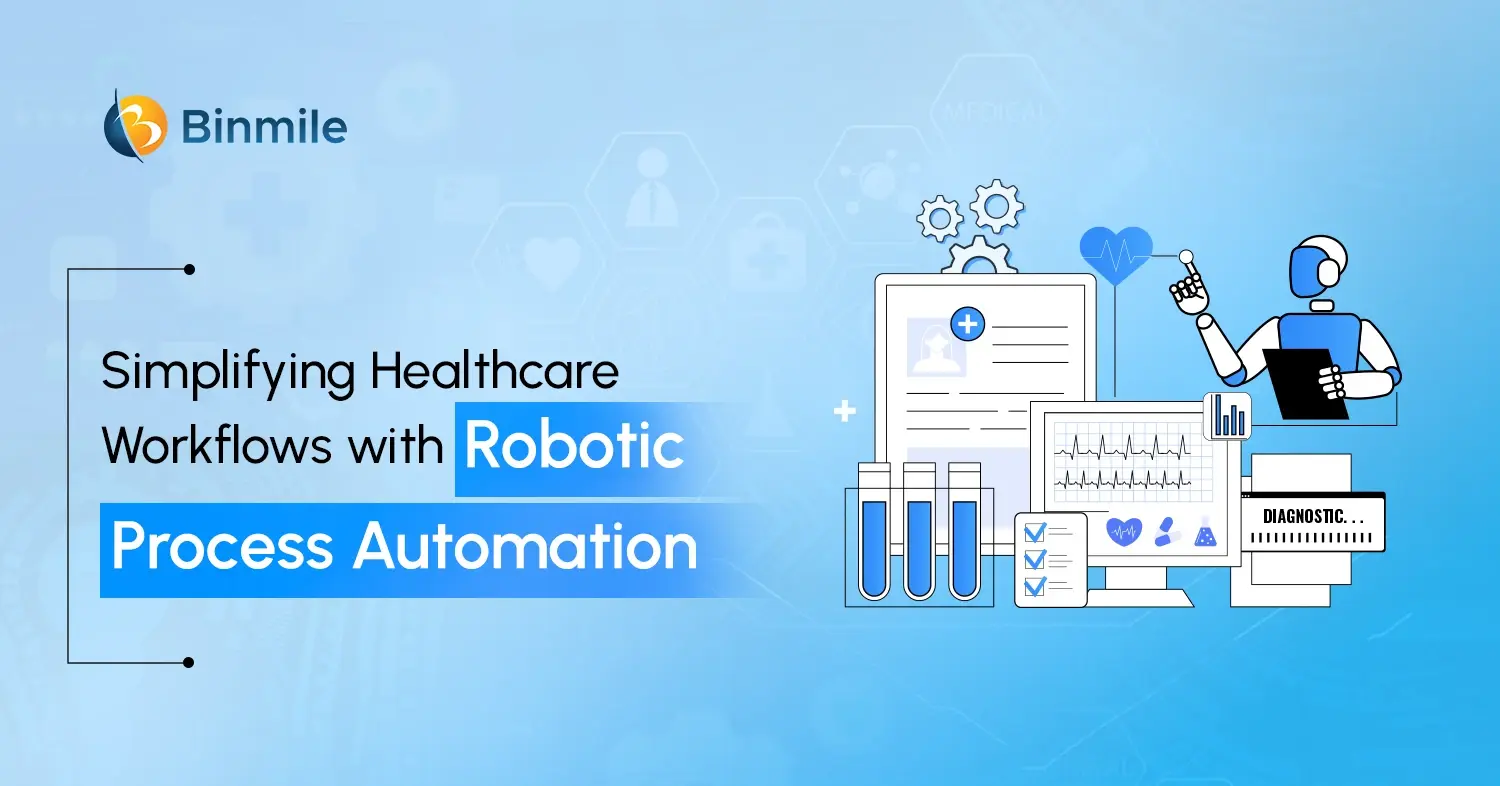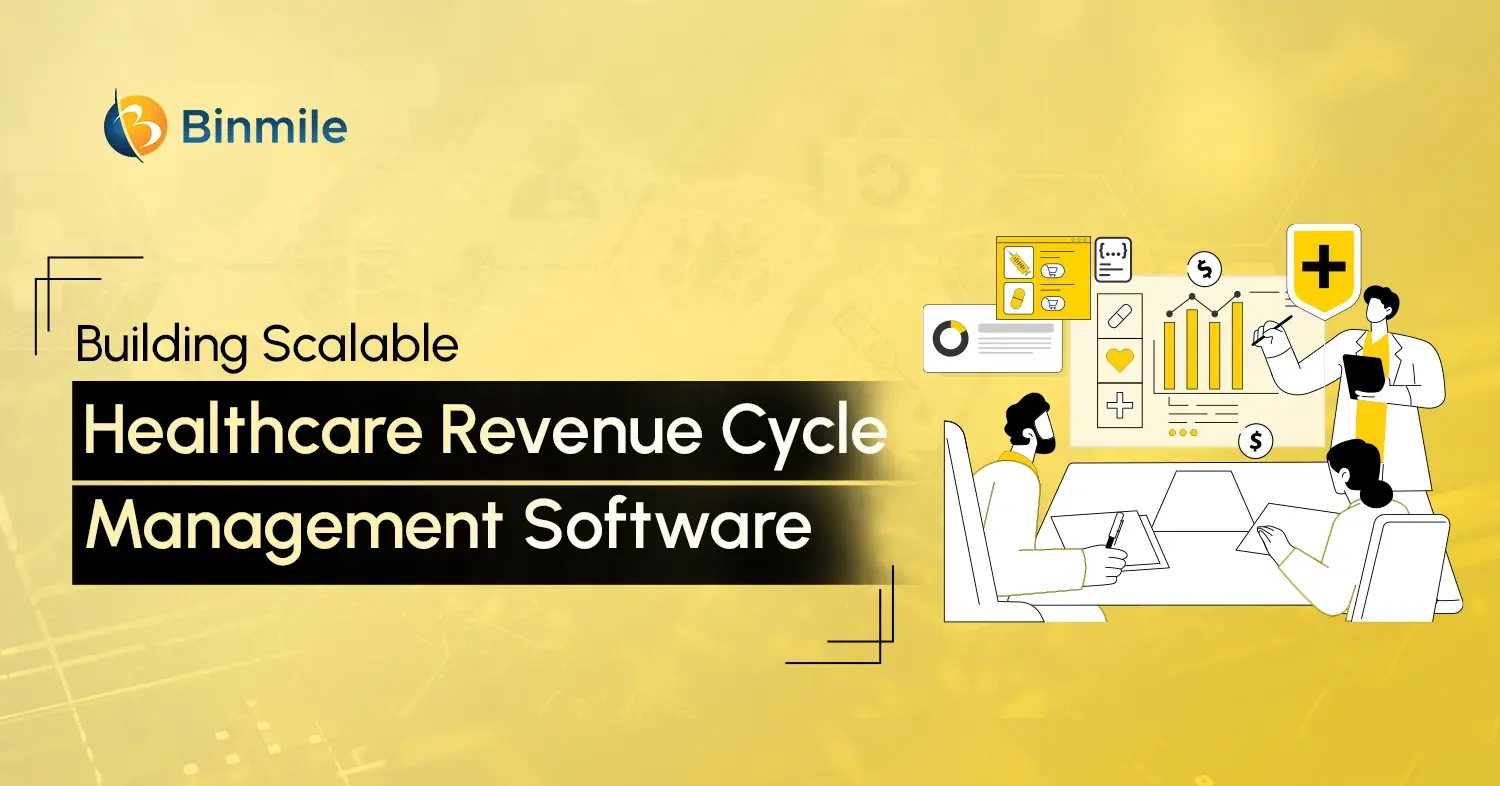Whether you’re a startup scaling rapidly or an enterprise undergoing digital transformation, the need for the right software solution is non-negotiable. But here’s the big question: Should you build a custom software solution from scratch or buy an existing one? Choosing between building and buying a software solution involves assessing multiple factors such as your project’s goals, budget, timeline, scalability requirements, and the technical capabilities of your team. Without a clear understanding of these parameters, you risk investing time and resources in a direction that doesn’t align with your long-term vision.
On one hand, building gives you full control and customization tailored to your business processes. On the other, buying a ready-made solution can get you to market faster—but may come with limitations in flexibility or integration. While partnering with a third-party development provider (whether offshore, onshore, or nearshore) can offer great advantages, choosing the wrong software development company can lead to unmet expectations and costly setbacks. In this blog, we’ll help you weigh the pros and cons of both options—so you can make an informed, strategic decision that empowers your business to grow, innovate, and serve your clients better.
Build or Buy? Discover Why Custom Software Wins for Businesses
Deciding between building or buying software can feel like navigating a complex maze—each path carries its own set of benefits and drawbacks. Buying a software might seem quicker and more cost-effective initially, but it often comes with restrictions that limit your ability to scale, integrate, or fully tailor the solution to your operations. Key considerations include:
- Alignment with business goals: Does the software support your specific workflows and long-term objectives?
- Licensing requirements: Are you paying for features you don’t need or facing recurring costs?
- Deployment & customization limitations: How flexible is the platform to fit within your ecosystem?
On the other hand, building custom software offers a long-term strategic advantage. It begins with the creation of an MVP (Minimum Viable Product) that includes the essential, launch-ready features your business needs right away. With this approach, you can:
- Ensure full customization: Tailor every functionality to fit your exact business needs.
- Scale seamlessly: Add features over time as your business evolves.
- Gain competitive edge: Deliver unique value to your clients through innovative capabilities.
However, success depends on the skill and experience of your development team. If your in-house engineers aren’t equipped to handle end-to-end custom development, partnering with a trusted software development company like Binmile ensures your solution is built efficiently, securely, and with your long-term growth in mind.
Build Your Own Software Solution with In-House Team

When building a software solution using an in-house team of software engineers, evaluate the technical expertise and specialization of your engineers. Are they qualified enough to help you build a futuristic solution that resonates with your vision? Are they capable enough to understand what it takes to build software that can solve the problem areas of your target customers? Can your project manager provide you with a comprehensive project roadmap resonating with your vision? These are some of the burning questions you need the answers to determine finally if building software in-house is a business-benefiting approach.
Granted you may attempt to onboard new tech specialists in your development team, but don’t you think it would drastically influence the budgetary capacity of your business? However, it doesn’t mean to connote that deciding to build software using an internal IT team is unwise. It can result in various advantages in your favor. Here is why.
Top 3 Benefits of Building Software Solutions with In-House Team
1: Build A Team Resonating With Your Company’s Culture
One of the most immediate upsides of developing a software solution in-house is that you build a team or work with an existing development team that completely understands your company’s culture and resonates with it. If you study successful companies in the market, one of the best attributes you would notice in them is that they have an enthusiastic and high-spirited in-house team.
The team consists of innovative thinkers who drive and materialize their dreams. Such a team is the embodiment of the core values of your business signifying their professionalism in executing synergic operations to achieve better results.
2: Easy Communication Flow
How would you appreciate a development team, even if it is a third-party vendor, if it doesn’t permit direct and easy communication flow? Believe it or not, one of the biggest deal breakers between a client and service provider is the lack of a streamlined communication link. It affects a product idea getting effectively communicated across the team.
So, when you work with your in-house development team, you don’t face communication blockage. The team mutually shares the product ideas and missions. As a result, it facilitates expediting software development faster. Moreover, your in-house team doesn’t require training from the beginning to understand what dedication and commitment are, as they are already equipped with them. So, working with a dedicated in-house team within a physical space would eliminate bouncing emails to communicate the idea across the team. It results in benefits, like
- Getting ideas communicated effectively across the team
- Better face-to-face interactions with the team
- Speeds up discussions that help in finalizing the project’s requirements
3: Immediate Support
Building a software solution using an in-house team serves you beneficially, in terms of immediate technical support regarding the project in development or launch. For example, your in-house team of engineers can ensure early detection of bugs or flaws in the newly developed app, fixing the same then and there, with no delay. This sort of positive aspect is difficult to be witnessed when you are engaging an outsourced team.
Drawbacks of Working With In-House Software Development Team
1: Too Expensive to Set Up a New Team
Setting up a new development full of energetic and skilled software engineers could help you materialize your project idea to its successful fruition UNLESS you understand the reality behind it. Well, the reality is that the hidden cost of hiring and setting up a new development team is an expensive investment, with serious repercussions on the budgetary condition of particularly SMEs or businesses with budget constraints. The report declares the base salary of a software developer in the US is $76,029 a year. The figure doesn’t include hidden costs regarding sick leave, insurance, vacation, onboarding, etc. Even if the team is not getting anywhere close to completing the project on time, you are bound to cover their fixed salaries. It collectively hurts your company’s budget.
2: The Lingering Fear of Employee Turnover
In light of increasing demands for IT professionals in companies these days, it is extremely difficult for a company to hire and retain the onboarded talent. Moreover, companies have to fight a crucial battle against competitors and recruiters trying to poach their IT employees. Under such circumstances, most companies, in trying to fend off competitors’ attempts at employee poaching have to capitulate to the demands of their developers, thus inflating the payroll. And if they don’t counteroffer, the talents quit or join another company. Sadly, the companies have to suffer the brunt on both sides.
3: You Assume the Responsibility to Train Your Team
What makes a team of software engineers more productive? It is upskilling the team. When you set up a team of your own to build a new cutom software solution, the responsibility to upskill it becomes your part to ensure that your team is updated with the latest trends, and new changes in IT landscapes, tools, and languages. Upskilling your team with new changes or trends, especially if they may correspondingly affect your product’s growth, is necessary. The reality, however, is that undertaking upskilling would significantly affect the bottom line of your business, given the extent of investment in training and tools involved.
Transform your operations with Binmile! Explore our software services and discover how we deliver custom software solutions tailored to your needs.

Why Building a Custom Software Solution Can Be the Smartest Business Move
Building a new software solution is quite a delicate, painstaking process. Every stage of the project’s SDLC (software development life cycle), from planning to launching and testing requires a considerable degree of innovative thoughts, planning, PRD, roadmap, and the capabilities of the in-house development team to handle the project to its successful fruition.

Therefore, it becomes necessary for you to gauge the situations in which you may consider going with your in-house software development team. Here are those situations.
- No Budget Issue: A startup company that is not bootstrapped and has plenty of capital at its disposal can go for in-house development. If you are running such a startup, consider going for the in-house to achieve all the benefits at reduced costs.
- An All-Out Control On Your Project: Building a software solution using an in-house team is beneficial as it comes with the freedom of controlling and monitoring every aspect of SDLC. You are the one taking the final call on every decision regarding product development. You make calls on every important aspect of the development. Eventually, it leads to addressing all the problems immediately.
Also Read: Innersource to Accelerate Innovations
Key Benefits of Buying a (Pre-Built) Software Solution
1. Working with the Best Talent Pool
The most immediate benefit you experience by buying a software solution from a third party is the talent pool. Imagine the cost of setting up a new development team on your own. Think of other factors multiplying the costs related to it. Compared to the costly investment in hiring the best talent pool, choosing outsourced software development sounds pretty affordable approach.
The development team of your service provider understands what it takes to build an innovative software solution from the ground up. It builds a solution that resonates with your business requirements and goals. IT specialists or considerably experienced software engineers of your development partner can help you with a custom-built application. The solution will be conducive to your business requirements, at the most competitive cost. Most importantly, you don’t have to devote your precious business time to monitoring the SDLC of your project. The development partner’s team will handle it better for you.
You can use the saved time to handle other key business affairs. Or utilize your existing team on more crucial tasks. Outsourcing your project requirement gives you a leeway not to get confined to a limited choice of resources. There is an immense global pool of talent you can choose from to get your dream app built. Just be cautious in choosing the right software development partner, as not every software development company in the market today walks the talk.
2. Better cost savings
If you are operating your business in a country wherein local talents are available at premium costs, you will have the benefits of buying a software solution through the outsourcing model. Engage an IT firm operating in a country where the best talents are available at a lower cost. In addition, you don’t have to concern yourself with maintenance and updates of the pre-built product, as your vendor will handle the same for you. it will help you save on extra costs and effort.
3. Get the Deployment-ready solution
One of the primary benefits of buying a pre-built software solution is that it is deployment-ready. Meaning, you can implement the solution almost immediately. Depending on the vendor, you can also view the demo of the product, informing you of an idea of what exactly the product contains and whether you should go for it. Another reason why you should go for it is to remove the constraint of the current technology suite of your business in terms of living up to the expectation.
Drawbacks of Buying a Pre-Built Software Solution
1. May Not Be Compatible With Your Needs
One of the biggest drawbacks of buying a software solution is that it may not resonate with your business goals. Off-the-shelf software is built to cater to a broad range of audiences. That means some features the product includes may not live up to your business needs. In addition, you can’t evaluate the ready-made solution. That’s because it could be time-consuming to assess the full capacity of the product.
2. Limited Scope Of Customization
Most of the software solutions that you see in the market these days are off-the-shelf. The problem with them is that they have a limited scope of customization. Meaning, that you can’t custom-tailor the software in conformity with your business needs. The solution to this drawback is considered a custom software solution that offers customization possibilities.
3. License And Maintenance Issues
The problem with proprietary software solutions is that their licenses and maintenance terms often change, sometimes unpredictably. There’s always a lingering fear that your software might suddenly stop receiving updates—especially when the vendor discontinues support. In contrast, open-source software can offer more control and flexibility, though it comes with its own set of responsibilities.
Read This: What is End of Life Software?
Build or Buy a Software Solution: Determining the Fitting Option
After analyzing the pros and cons of each side of ‘build or buy a software solution’, you may have at least certain insights into knowing which model of software solution you should consider for your business. If still clueless, here is our detailed rundown on choosing the fitting option conducive to your business requirements.
1. Lay Out Your Business Goals and Needs
When it comes to choosing “build or buy” a software solution, ensure you have put a great deal of thought and effort into it. List your business goals, priorities, and needs to ensure that the existing off-the-shelf solution matches the list. If not, consider building a custom software on your own, if you want the solution as soon as possible. Ask yourself what you want to accomplish with the new technology.
2. Measure The Potential ROI Out Of The Options
Whether you want to buy a software solution or build one for your business, it is essential to calculate the potential return on investment on either option. Measuring the long-term ROI has some upsides. For instance, it would help you choose the right option for your business. You will also observe its upside in the way it facilitates a better decision-making process. To determine the ROI, assess the potential cost-savings and expected profits after the new solution is in place.
You can’t comprehensively predict the overall impact of such an approach. However, it can at least give you to calculate the degree of impact helping you recover ROI. For instance, if you build a custom solution, it would initially be an expensive investment on the front end. However, it will pan out a considerable return over the lifecycle of the software. And if you go for something more affordable, it may solve your existing business problems for a while. However, it won’t be suitable in the long run. For example, cheap software will run out of its capabilities over time. Consequently, you will feel pressed by the need to choose its upgrade in the future.
Need a software solution? Learn how to buy or build the ideal software solutions that fits your organization's needs today!

Custom Software: The Smart Choice for Companies with Specialized Needs
An intuitive software solution has numerous upsides. For instance, it can help you streamline your internal business processes. You can leverage its power to bring automated efficiency to the way you operate your business. Depending on specific organizational requirements, the software can come in handy for you. For example, helping you gain a competitive edge and stay relevant in your niche.
However, for companies choosing between buying a ready-made solution and building one is quite a conundrum. That’s because either option has its pros and cons. However, the most important thing to consider is knowing who you turn to when the crucial decision of choosing the right option takes its toll on your decision-making process. Irrespective of which option you choose, you will need assistance from a technology partner. The experienced partner will take care of your deployment. Binmile is that partner, readily available to help you with custom software development services.









